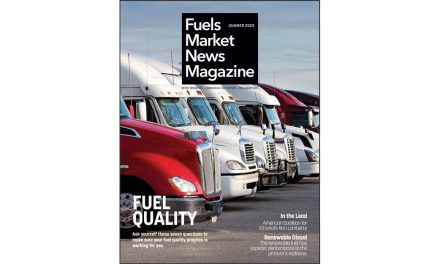Colorado Petroleum Council Executive Director Tracee Bentley urged the U.S. Senate to follow the House and support a disapproval resolution on the Bureau of Land Management’s (BLM’s) Methane and Waste Prevention Rule because the flawed rule doesn’t improve upon U.S. successes in methane emissions reductions and could negatively impact American consumers, local revenues and energy security.
“Despite our industry’s success in reducing methane emissions, the BLM has imposed a flawed regulation that adds significant costs and reduces local revenues, without corresponding environmental or consumer benefits,” said Bentley. “We urge the Senate to support the disapproval resolution passed by the House. The BLM’s rule doesn’t support the continued successes in methane emissions reductions and could have a negative impact on consumers and local economies.”
The added costs of compliance with the BLM rule could result in up to 40% of federal wells that flare being permanently shut in, as they would become uneconomical to produce, according to an analysis by Environmental Resources Management. Even a 1% loss of royalties could result in lost federal revenues of over $14 million—far more than the $3 million – $10 million in additional incremental royalties estimated by the BLM. Many western states, which will be most impacted, submitted comments to the BLM to express their economic and environmental concerns with the rule.
“Companies in Colorado operate under some of the most stringent rules in the country to produce clean, safe, affordable energy while being good environmental stewards,” said Bentley. “These declining revenues would directly impact state and local governments. Such a drop in production would reduce the availability of affordable energy to consumers.
“The oil and natural gas industry has proven that we can protect the environment, grow our economy, add to state and local revenues and simultaneously help save the average American family an average of $1,337 per year.”
The Colorado Petroleum Council is a division of the American Petroleum Institute (API), which represents all segments of America’s oil and natural gas industry.








